

Finding moments of calm and inner peace can be challenging in our fast-paced and often hectic lives. However, cultivating mindfulness can be a powerful tool to help navigate life's challenges with greater ease and clarity. Mindfulness involves being fully present and aware of our thoughts, emotions, and surroundings without judgment. It allows us to respond to situations with intention and compassion instead of impulsively.
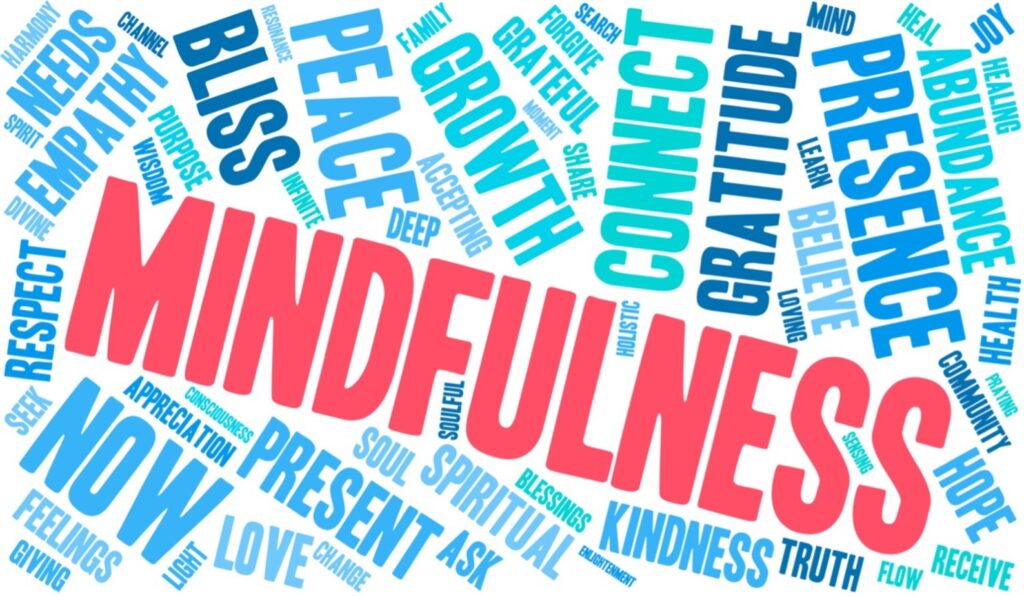
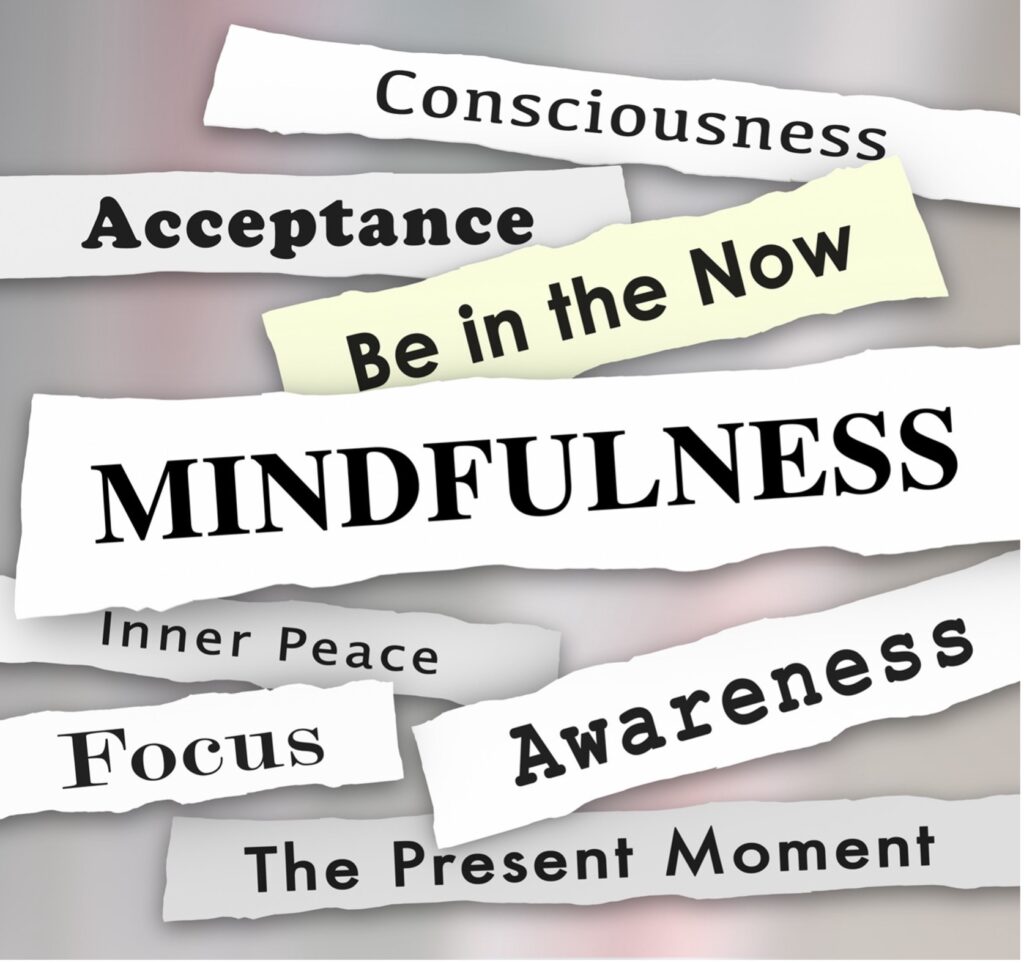
Practicing mindfulness can benefit your physical, emotional, and mental well-being. Here are five significant benefits of incorporating mindfulness into your life:

Stress Reduction
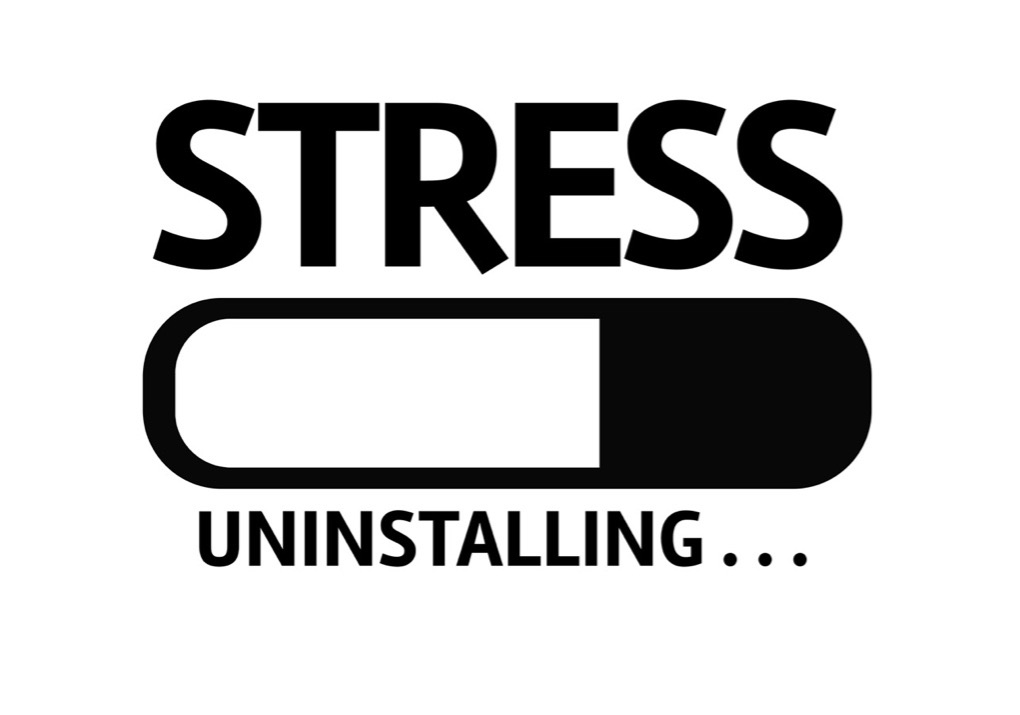
Mindfulness is a powerful tool for managing stress. Being fully present in the moment and accepting your thoughts and emotions without judgment can create a sense of calm and relaxation. Mindfulness helps reduce the activation of the body's stress response, leading to lower cortisol levels and a more balanced nervous system.
Improved Focus and Concentration

Regular mindfulness practice enhances your ability to sustain attention and concentrate on tasks. By training your mind to stay present and avoid being carried away by distractions, you can increase productivity and efficiency in various aspects of life, including work and daily activities.
Enhanced Emotional Regulation

Mindfulness cultivates emotional intelligence by helping you become more aware of your emotions and reactions. You can develop greater emotional regulation by observing your feelings without immediately reacting to them. This means that you are better able to respond to challenging situations with clarity and composure rather than being overwhelmed by emotional impulses.
Better Mental Health
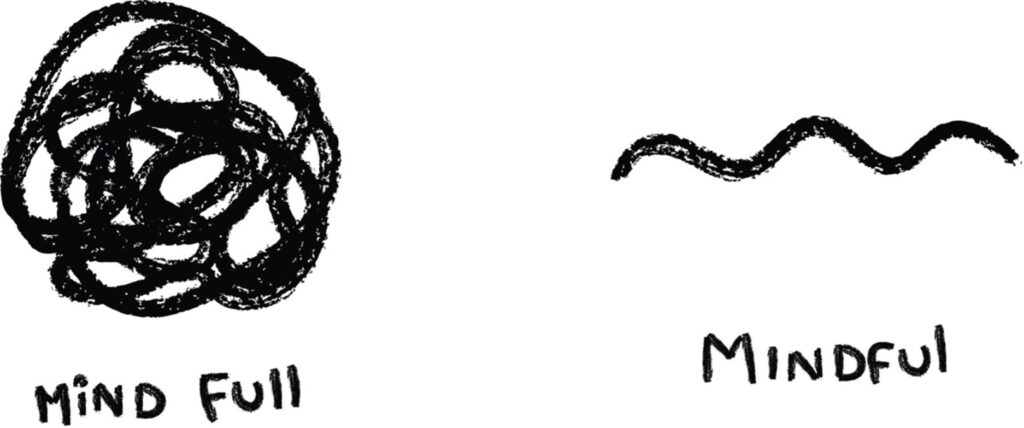
Mindfulness has been linked to various mental health benefits. Studies have shown that regular practice can reduce symptoms of anxiety, depression, and other mood disorders. By developing a non-judgmental and accepting attitude towards your thoughts and emotions, you can create a healthier relationship with your mind, which nurtures mental well-being.
Improved Physical Health

Mindfulness is also beneficial for the body. Research suggests mindfulness can lower blood pressure, boost the immune system, and improve sleep quality. By reducing stress and promoting relaxation, mindfulness indirectly supports various aspects of physical health.
The benefits of mindfulness are cumulative and may vary from person to person. Consistency and patience in your practice will help you fully experience these benefits over time.
Here are some easy tips for incorporating mindfulness into your daily life:
Clarifying Your Intention: What Am I Practicing?
Before diving into mindfulness, take a moment to clarify your intention. Mindfulness can be applied to various aspects of life, such as dealing with stress, improving relationships, or simply finding inner peace. By setting a clear intention, you create a purpose for your practice, making it more effective and meaningful. Whether you want to practice mindfulness during a challenging event, a difficult conversation, or simply throughout your day, knowing your intention will guide your efforts.
Cultivating and Witnessing Your Awareness

Mindfulness starts with cultivating self-awareness. Throughout the day, take moments to observe your thoughts, emotions, and sensations without getting caught up in them. Imagine yourself as an impartial witness to your inner landscape. Notice any automatic reactions or habitual thought patterns without judgment. The goal is not to suppress or control these thoughts but to become more aware of them. Over time, this practice enhances your ability to respond thoughtfully instead of reacting impulsively to situations.
Holding Your Attention: What Do I Want to Remember?
Focusing on one thing can be challenging in our modern, distraction-filled world. Mindfulness involves strengthening your ability to focus on the present moment. When you find your mind wandering, gently bring it back to your chosen point of focus, such as your breath, a sound, or a sensation. Ask yourself, "What do I want to remember at this moment?" This question helps anchor your awareness and prevent it from being carried away by the constant stream of thoughts.
Building and Strengthening Self-Regulation
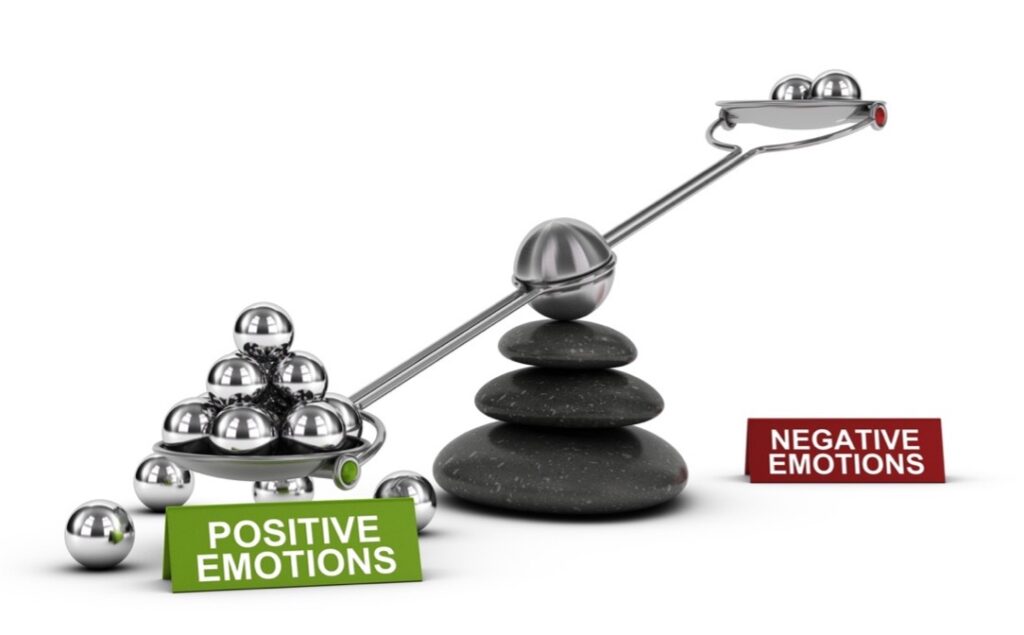
Mindfulness can be a valuable tool in managing negative emotions and reactions. By acknowledging and accepting what you're feeling, you can create space between the emotion and your response. With intention, you can settle negative energies and find a sense of calm. When faced with challenges, allow yourself to let go of any attachments to specific outcomes and instead focus on how you can respond with grace and composure.
Practicing Self-Compassion and Kindness

One essential aspect of mindfulness is cultivating self-compassion and kindness. We often have an inner critic that judges and criticizes ourselves and others. By practicing self-compassion, you can quiet that inner voice and approach yourself with greater understanding and warmth. Treat yourself as you would a dear friend, acknowledging your imperfections and offering kindness instead of self-judgment.
Additionally, extend this compassion to others. Mindfulness helps you become more empathetic and understanding, fostering better relationships and a more harmonious community.
Mindfulness into Daily Life
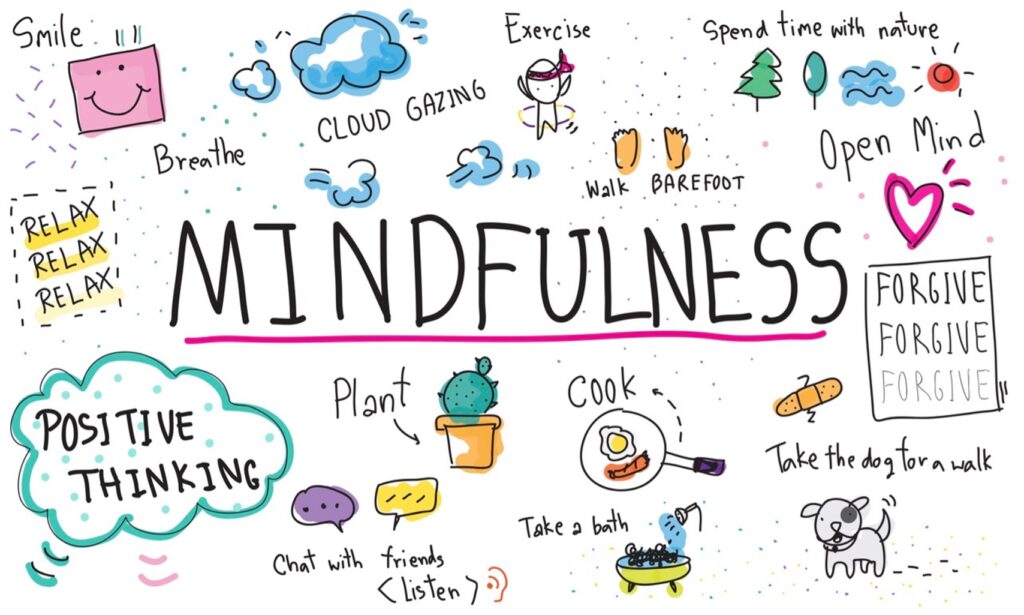
Now that you have a deeper understanding of the key elements of mindfulness, it's important to find ways to incorporate them into your daily life. Here are some practical tips:
Start Small
Begin with just a few minutes of mindfulness practice each day. Gradually increase the duration as you become more comfortable with it.
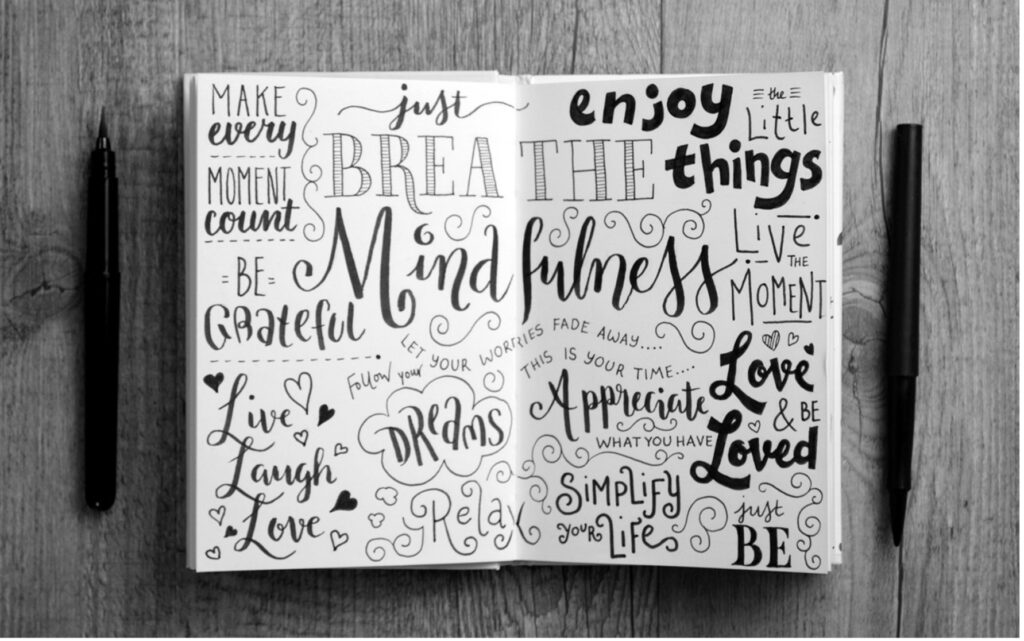
Create Reminders
Set alarms or use mindfulness apps to remind you to take mindful breaks throughout the day.
Practice Mindful Breathing

One of the simplest ways to start mindfulness is by focusing on your breath. Take a few moments throughout the day to notice your breath, and if your mind wanders, gently bring it back to your breath.
Mindful Eating
Pay attention to the flavors, textures, and smells of your food during meals. Eat slowly and savor each bite.
Mindful Walking
Take a mindful walk in nature, paying attention to the sensations in your body and the sights and sounds around you.
Mindful Listening
During conversations, give your full attention to the other person without interrupting or thinking about what to say next.
Building a mindfulness practice takes time and patience. Be gentle with yourself and embrace the process. As you consistently incorporate mindfulness into your life, you'll notice improvements in your overall well-being, reduced stress levels, and a greater sense of inner peace and contentment.







